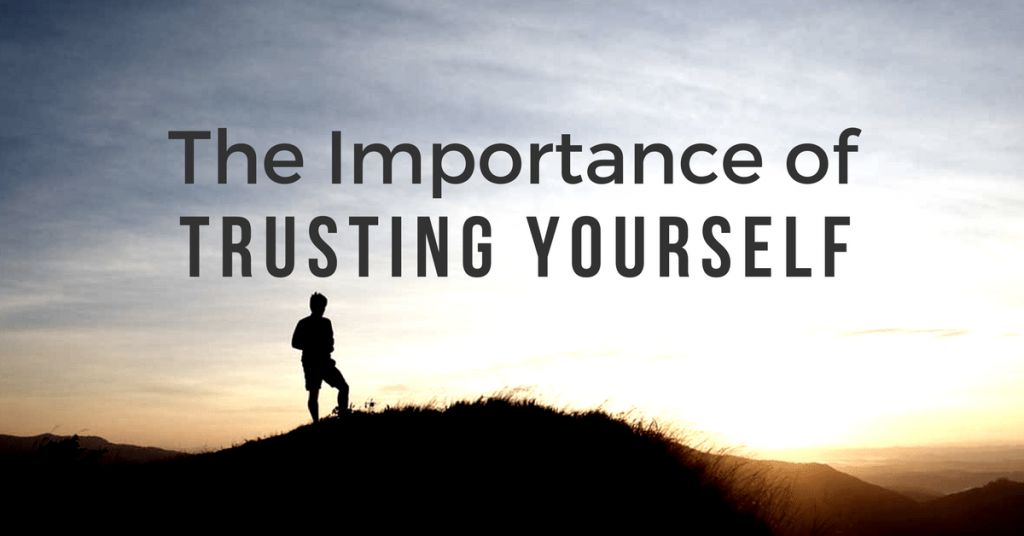
Loving Being a Supervisor!
So…..I’ve been a practising executive coach for over 16 years now and a coaching supervisor for at least 7 of those years – informally. However after immersing myself in a supervision qualification, I’ve now been more formally providing coaching supervision over the last 12 months. And I absolutely love it!!! Digging deeper, immersing myself in the growth context 😍.
Thus I’ve decided to write a series of articles about the key challenges that, in my experience, coaches can face in the often wholeheartedly passionate endeavour of their coaching practise. All of the coaches I’m supervising care deeply about their practise and want to empower and be the best they can be for their coachees.
The ‘Dance’ of Coaching Conversations…
In providing supervision one of the key elements or models that I refer to is how coaches are serving the coaching conversation – which is really where the magic happens. This may be prior to or within the coaching sessions themselves, it’s all playing its part in the ‘dance’ of coaching. What I’ve found is key is the art of balancing the ‘self, ‘ (coach), the other (the coachee)’ and the ‘context’, (purpose/objectives/current reality). This context may include various stakeholders, particularly the organisational context or purpose/ROI for internal coaches.
One of the predominant areas that arises frequently in supervision is a certain piece about contracting – and that is ‘boundaries’. And within this usually, three different areas of boundaries:
- Initial Contracting – did I make clear agreements with my coachee, including logistics, terms and how the relationship with work, objectives/measures, where my skill set and/or style is, any exclusions or other terms etc
- Ethical – when something came up that was a conflict or an ethical challenge for me, my client or the context: was I clear and open about my perspective, openly addressing the challenge, collaborating and/or agreeing a way forward. Was I upfront and transparent about my skill set and/or anything else that was part of the context…
- Presence – this for me is the big one that often gets overlooked and can come up in the coaching conversation and/or within ethical challenges. How did I actually uphold my own boundaries, our agreements or that of the organisation? Did I speak up when they were crossed, when I noticed a conflict? Did I have an open, honest conversation about what was really going on…did I (self) really show up?
Crucial Contracting…
As we all know as coaches, the boundaries identified in contracting are vital to define and agree to be able to then uphold them in the coaching context. Often my supervisees bring a challenge to supervision that highlights the consequence(s) of not doing so. There can be much self condemnation about this, although my perspective is this the beauty of learning and growing as a coach. One way or another what’s revealed in the reality of coaching conversations is always letting us know what may have been missed. And this provides the fertile ground in which we learn the power of self-reflection and to adapt, adjust to better serve our coachees.
An example: I’ve had a few supervision clients who’ve had the challenge of their coachee talking, talking, talking. Being unclear, flitting about, not focused on one particular topic/goal for the session. Commonly there’s a reluctance to step in, speak up and be the one to stop the conversation and re-purpose. For some this has highlighted ‘loose’ contracting in terms of setting clear objectives/outcomes and for others this has highlighted an opportunity to build confidence and trust in the ‘self’ as a coach. And crucially stay with the ‘context’ of the role of a coach. For some this has also highlighted that more clarity is needed on what their ‘role’ is, this is especially true I’ve found for newer coaches.
Presence – When Your ‘Self’ as a Coach Doesn’t Fully Show Up
So there’s a big impact to not fully showing up in the ‘dance’ of the coaching conversation. As above, our coachee may get lost and not have clarity about their purpose for coaching. This may highlight contracting discrepancies, and most vitally miss the context of the purpose of the coaching conversation. I’m being dramatic here about the ‘miss’ to demonstrate impact, however if our intent as coaches is to best serve our coachee and meet the coaching outcomes – how can we do this if we lose our ‘self’ in the conversation? I remember for myself this is something I’ve worked on for many years, still do at times! I am always asking myself or noticing where I’ve held back or didn’t fully commit to being both fully present and real in the conversation. For if I am not real, not telling my coachees or supervisees the truth…who am I really serving?
The Courage and Willingness to ‘Show Up’
It strikes me that the essence of my own presence and willingness to address, challenge ethics or other elements of the conversation is really about being open. Being open, transparent and bold to have whatever dialogue is necessary. This may be to name what I’m seeing, be vulnerable and collaborate to resolve this WITH clients. The most transformative skill I’ve learnt as a coach and as a supervisor is self-trust. Trusting my gut, instinct and heart to say what is so for me and encourage, open the conversation for my coachees/supervisees. For me this is even more important as a supervisor as I see my role partly as role modelling effective ethics, boundaries and contracting. In this being aware of my own values and limits is vital to be able best serve any ensuing dialogue in the supervision (or coaching) conversation.
The Beauty of Practising Greater Presence
And remember folks, I may be musing over this in a coaching context, for coaches – however in my experience the behaviour pattern of not initiating, holding or speaking up about boundaries is something we are likely doing in the rest of our life! What a golden nugget, however we grow as a coach – our whole life gets the benefits – in our relationship with ourselves and others. Joyful!
What’s on Offer for You as a Coach?
So here’s 3 self-reflection steps to tune into what’s on offer for you in your coaching practise:
- Reflection on ‘Self’ Trust – where do you hold back, not trust yourself…your gut, intuition, instinct in coaching conversations. Is there any pattern to this?
- What’s Holding You Back – what stopping you from speaking up or feeding back to your coachee? What are you afraid will happen if you say what you are seeing, hearing or challenge something that has come up? Be honest and specific about this…what are you believing will happen, worse case?
- Be Brave, be IN the conversation – what will it take for you to be brave, be bolder, be open and real? Is your fear of what may happen the reality? I suggest as worse its ‘unknown’ and only you can choose whether to take that plunge into the unknown. The choice is yours…
Please do let me know your thoughts, feedback…I’d love to hear them!
